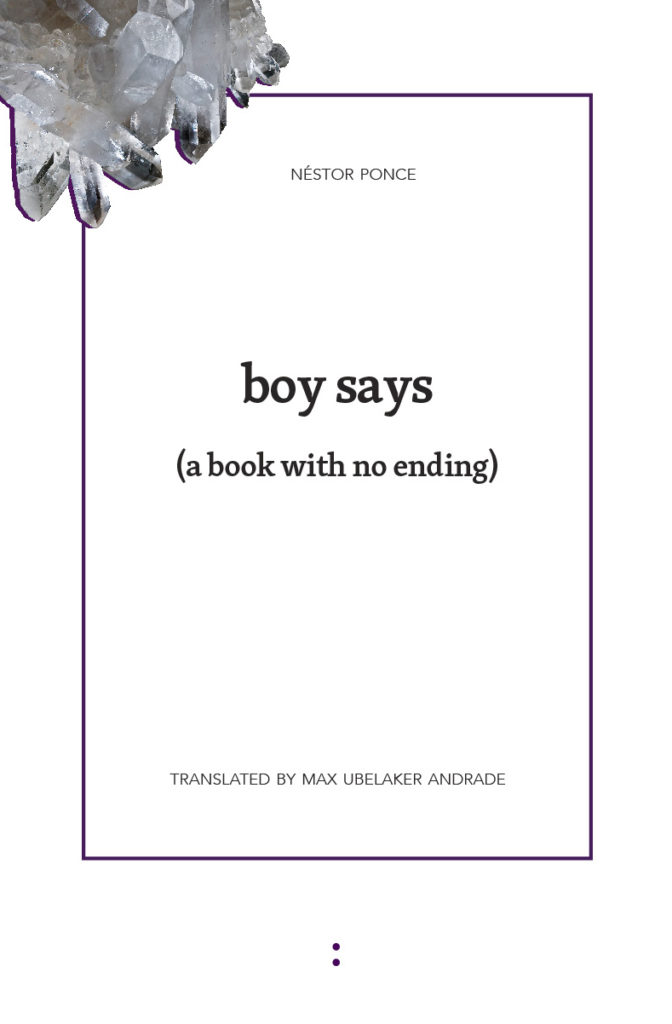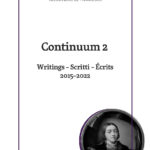Where does your voice come from? The one you speak with, or the one you read with? What does it sound like when you read, silently, to yourself? There are the first influences, or at least the ones that first come to mind. But you quickly admit that there are others as well. The voices that emerged from different styles, tones, and patterns in books, stories, poems. From songs and television programs, family members and teachers. There are the voices that you don’t remember as voices, the words you don’t remember reading. This voice, this combination of symbols describing a translated book of poetry, for example, might be acknowledged as the very latest influence in your life.
After leaving Argentina in exile during the dictatorship of the military junta (1976-1983), Néstor Ponce found his way to France, where he now lives. He has written that throughout his life, reading has connected him to a shifting, unstable set of voices—a community of readers and writers that crisscrosses borders of all kinds, unafraid of conflict and contradiction. boy says (a book with no ending) opens to that community with poems that are at once the words of one poet and the traces of an infinite number of poets, some of whom are explicitly named in the titles of the poems.
This bilingual English-Spanish edition is an open library that is also a private one, made public. As you read, it might be difficult not to ask questions about Nazim Hikmet, Alejandra Pizarnik, Dina Posada, Eugenio Montale, Anna Greki, or Édouard Glissant. And it will be impossible to answer those questions without finding their books, opening them, and hearing your voice shaped by their and Ponce’s words.






